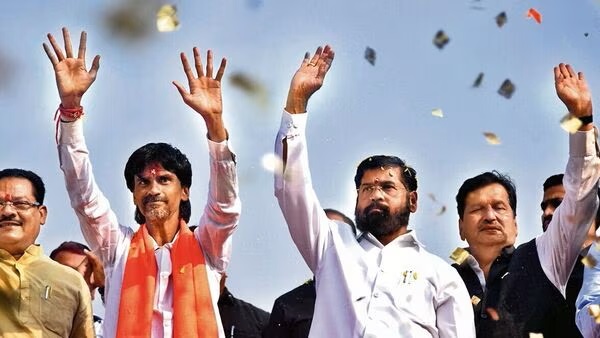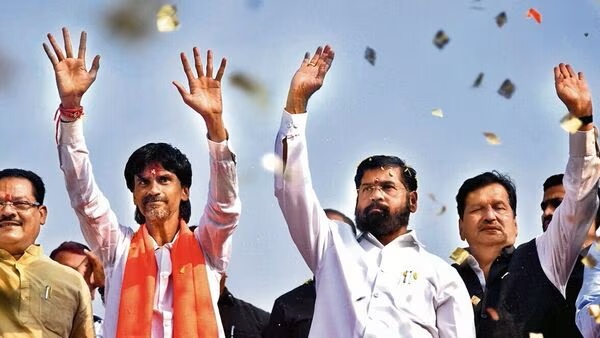Navigating Legal Challenges: Maharashtra Assembly Approach to Maratha Reservation
In a significant move, the Maharashtra Assembly is set to convene a special session today to deliberate on the contentious Maratha reservation issue. The decision comes in response to mounting pressure from Maratha quota activist Manoj Jarange Patil, currently on a hunger strike in Jalna district’s Antarwali Saarati village.

Last week, the Maharashtra State Backward Class Commission presented its report on the socioeconomic and educational status of the Maratha community. Chief Minister Eknath Shinde affirmed that the findings would guide the state’s decision on Maratha reservations. With the report slated for presentation during the special session, Shinde reiterated the government’s commitment to ensuring Marathas receive their due without encroaching upon existing quotas for other communities.
Also Read:
Kylian Mbappe’s Move to Real Madrid: PSG Star Strikes Deal with LaLiga Giants – Here Are 5 Key Points
However, not everyone agrees with the government’s approach. Sanjay Lakhe Patil, coordinator of the Maratha Kranti Morcha, criticized the state’s decision to convene the special session while a curative petition regarding the issue remains pending in the Supreme Court. Lakhe Patil questioned the validity of basing quota decisions on a survey of 2.5 crore families conducted by the Commission.
The Supreme Court’s 2021 ruling against Maratha reservations in college admissions and government jobs, citing the 50 percent ceiling on overall reservations, has added complexity to the issue. Despite the rejection of a review plea and subsequent filing of a curative petition by the state, legal uncertainties persist.
#WATCH | Locals express excitement ahead of Prime Minister Narendra Modi's visit to Jammu today.
— ANI (@ANI) February 20, 2024
PM will inaugurate, dedicate to the nation and lay the foundation stone of multiple development projects worth over Rs 30,500 crore. pic.twitter.com/skviZl4C1j
In tandem with the Maharashtra Assembly session, the Maharashtra Cabinet has greenlit the Commission’s report, advocating for a 10 percent reservation for Marathas in education and government employment. The impending Bill aims to enshrine these recommendations into law.
The Commission’s report underscores the socioeconomic challenges faced by the Maharashtra Assembly community, asserting their eligibility for reservation under constitutional provisions. It highlights the exceptional circumstances warranting a deviation from the 50 percent reservation cap, emphasizing the need for proactive measures to uplift socially and educationally disadvantaged groups.
With the spotlight firmly fixed on Maharashtra Assembly political arena, the outcome of the special session and subsequent legislative actions will significantly impact the trajectory of Maratha reservations in the state. As stakeholders await the Assembly’s deliberations, the contentious issue continues to stir debate and anticipation across Maharashtra.


